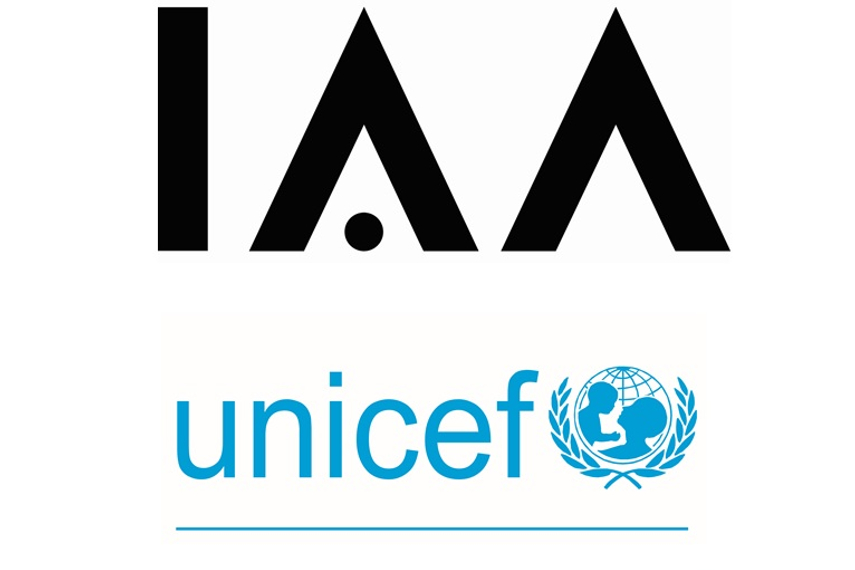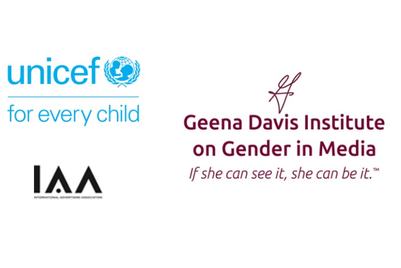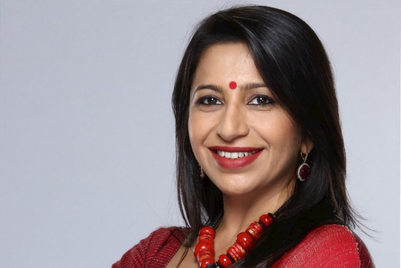
The India chapter of the International Advertising Association (IAA) has entered a partnership with UNICEF to conduct a gender representation study with regards to advertisements in India.
This is based on the thought that marketing shapes gender roles and perceptions and advertising is an important tool that can influence and power women and girls’ empowerment. The changing and evolving landscape of advertisements has a huge potential to promote gender equitable practices especially among young people.
The IAA and UNICEF will research gender representation and stereotypes in TV and digital advertisements in India, specifically those targeted towards children, adolescents and caregivers. The research will find out the level of gender stereotyping found in Indian advertisements and will create a baseline to measure change as well as initiate dialogue with advertising professionals and content creators.
IAA will identify the most viewed 1,000 TV and digital advertisements in India in the year 2019, provide technical insights and recommendations to the study, and help disseminate the findings to the advertising industry to advocate for more responsible and gender empowering advertising policies and practices.
Yasmin Ali Haque, representative, UNICEF India, said, “Advertising has a massive impact on children. Building evidence and using it to advocate for re-thinking policies and practices is an important element of responsible advertising. We look forward to working with IAA to create an environment where the advertisement industry is truly a partner in empowering girls and women. We are also delighted to be collaborating with UN Women, The Sarojini Naidu Centre for Women's Studies, Jamia Millia Islamia and Population First for this initiative.”
Megha Tata, president, IAA India Chapter, said, "What an appropriate announcement to be making on the occasion of the International Day of the Girl Child which was yesterday. The India Chapter of the IAA has always taken the lead in matters concerning gender sensitisation. I am glad we are joining hands with UNICEF to support the efforts on empowering girls and women. Ultimately a society and an industry that celebrates and genuinely practices gender parity across the board, is something we should all work towards. I also want to thank Clutter Cutters, BARC and TAM to have supported us in this meaningful initiative.”
To implement the recommendations of the study, IAA will work with other industry bodies to incorporate the findings of the study into the advertising guidelines and help self-regulate the representation of gender stereotypes.



.png&h=268&w=401&q=100&v=20250320&c=1)


.png&h=268&w=401&q=100&v=20250320&c=1)
.png&h=268&w=401&q=100&v=20250320&c=1)
.png&h=268&w=401&q=100&v=20250320&c=1)
.png&h=268&w=401&q=100&v=20250320&c=1)
